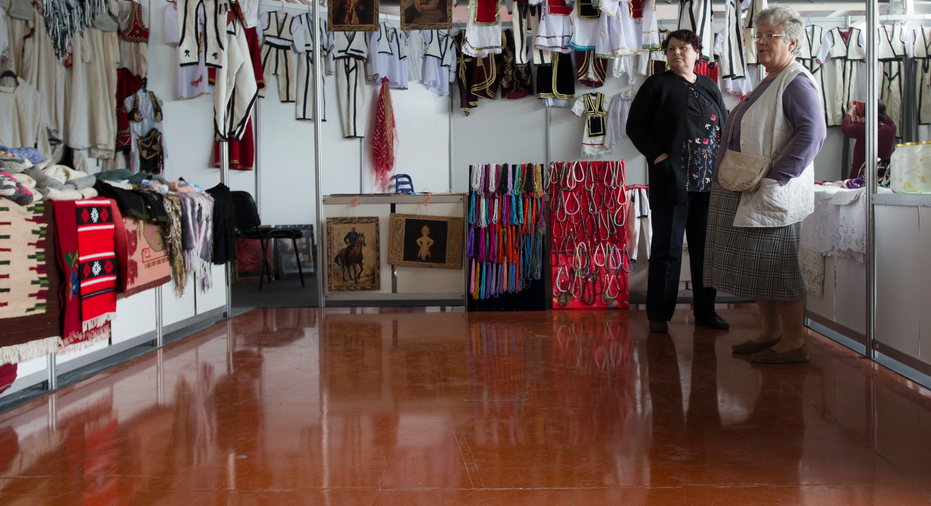Kosovo, Serbian business ties withstand political dispute

PRISTINA, Kosovo – Despite simmering diplomatic tensions between Serbia and Kosovo, business ties seem to be growing, with companies from both sides flocking to a regional trade fair to strike deals.
In March, political relations hit a low when Kosovo police briefly arrested and expelled a top Serbian official after he entered the country without permission. Kosovo declared independence from Serbia in 2008, a move Serbia still rejects.
But Serbian companies were out in force at a four-day trade fair in Kosovo's capital, Pristina. On Wednesday, 70 companies out of 174 present were Serbian, from sectors including food, metals, machinery, pharmaceuticals, construction and telecommunications.
Serbia's Chamber of Commerce was present, too, for the first time since the 1998-1999 war when NATO intervened to stop a Serb crackdown against Kosovo Albanian separatists.
The European Union has made normalizing ties a prerequisite for the two countries to join the bloc. Trade between Kosovo and Serbia reached 500 million euros ($618 million) in 2017, more than double the trade between Kosovo and Albania.
Marko Cadez, of Serbia's Chamber of Commerce and Industry, said economic cooperation between the sides was a "success story."
"I hope we will send the signal that the cooperation is already there: the people are working, the people are employing, making products, making profits and that is most important for our country," he said.
Cadez said next month some 70 companies from Kosovo will attend an agriculture fair in Novi Sad, Serbia.
"We believe that such fairs will have their impact to change the situation and generate positive effects for both sides," said Safet Gerxhaliu, the head of Kosovo's Commerce Chamber.
Very few police officers and no international military were seen around the trade event.
Serbian businessman Branko Bandic said they had come with hopes to strike deals.
"We feel good, as if we were in other fairs in ex-Yugoslavia or anywhere else in the world," he said.
___
Llazar Semini contributed from Tirana, Albania.



















